The Brave Series: Laidlaw Scholar Stories - Isabel Iino
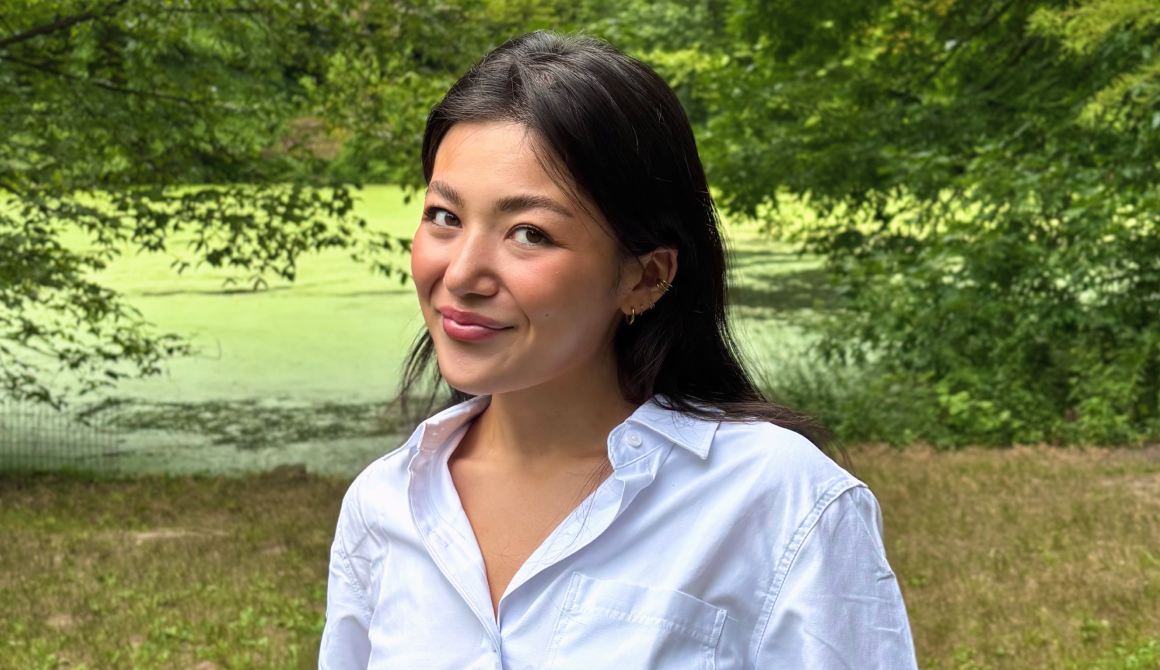
As the Laidlaw Global Conferences approach, scholars worldwide are sharing what it means to embody the Laidlaw value of brave in leadership and research. In a world that demands bold solutions to complex challenges, these reflections reveal how courage shapes not just individual journeys, but entire communities of change-makers who dare to step beyond their comfort zones.
In this spotlight, Isabel Iino shares her insights on two essential dimensions of bravery: the fear and resilience involved in pursuing bold ideas and risks, and a formative moment from her youth when she first found her voice in the face of adversity. These reflections illuminate how vulnerability and small acts of courage build the foundation for impactful scholarship and leadership that challenges injustice and empowers communities.
Future-facing bravery: what advice would you give to someone who feels afraid to pursue a bold idea or take a risk?
Pursuing a bold idea or taking a risk is understandably difficult because of the possibility of failure, and for most of my life, I’ve been afraid to take chances on myself. In the past, failure symbolized the confirmation of my imposter syndrome. Yet, this fear never served me–it almost cost me my dream internship, admission to my top choice school, and a life-changing experience in India. In retrospect, I realize that what I feared most wasn’t the actual failure, but the feeling of being exposed, of looking foolish, and of being told I wasn't good enough.
The biggest shift I’ve made is in how I define failure. I’ve learned not to take myself so seriously and to see embarrassment and rejection as signs that I’m stretching myself beyond what feels safe. To me, vulnerability has become proof of growth and tangible achievement. It means I care enough to risk falling short, and that is infinitely more valuable than staying in your comfort zone where nothing changes.
So my advice is this: lean into embarrassment, vulnerability, and the discomfort of it all. Bold ideas demand bold risks, and courage doesn’t mean erasing fear–it means acting in spite of it. Allow yourself to be imperfect and fail spectacularly. Every risk I’ve taken, even the ones that didn’t turn out the way I hoped, has led me closer to the person I want to become. Don’t let fear of failure rob you of the life you’re capable of creating.
Personal bravery: bravery often involves stepping into the unknown. Can you share a moment when you took a risk that shaped your path as a scholar or leader?
At fourteen, I was often invisible at school, and when I was bullied for being Asian, my first instinct was to stay silent. Speaking up felt unimaginable. One day, however, I decided to confront the racism I faced. That decision, a seemingly small moment of bravery, altered the course of my life.
By naming what was happening, I found courage I didn’t know I had. Speaking up emboldened me to start my school’s diversity club, where students could discuss identity and inclusion openly. Through that work, I began reading writers like Audre Lorde and Ibram X. Kendi, who gave me language for what I was experiencing. For the first time, I saw how scholarship could intersect with advocacy and how ideas could empower change.
Nearly a decade later, that moment continues to shape me. It’s what propelled me to apply to Barnard, where I could pair research with social justice engagement. It’s what led me to the Laidlaw Foundation, where I researched the suppression of Black-diasporic healing practices in Harlem, challenging racialized notions of health and healing. It’s what gave me the conviction to work alongside female artisans in India, to tell stories as a photojournalist covering international news, and to embrace leadership roles that once would have terrified me.
Speaking up at fourteen taught me that courage is not a single grand gesture but rather, a collection of small acts of bravery. That lesson has carried me across continents, into archives, and into communities where I continue to ask questions and challenge injustice. It was my first step in becoming the scholar and advocate I am today.
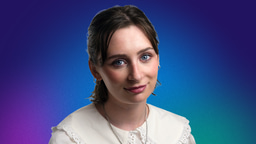
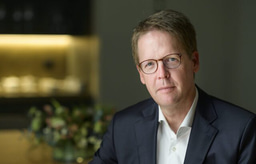
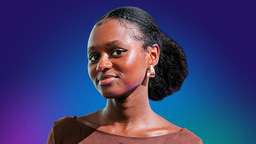
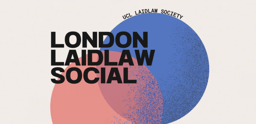
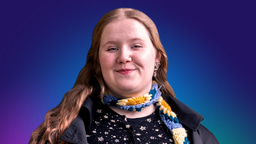
Please sign in
If you are a registered user on Laidlaw Scholars Network, please sign in